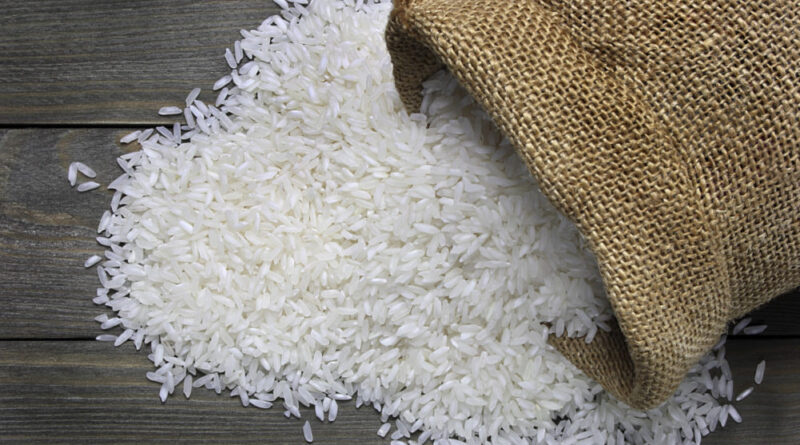India issues grading rules for Bengal’s five premium non-Basmati rice varieties.
The Agriculture Ministry has notified grading and marketing rules for five premium non-Basmati rice varieties of West Bengal — Gobindabhog, Tulaipanji, Kataribhog, Kalonunia and Radhunipagal. Under this, the authorised packers have to either set up their own laboratory or use an approved laboratory for testing the quality of rice, which will be for the first time done for any non-Basmati variety.
For domestic trade, packers have to follow FSSAI standards and for export, they need to comply with the residual limits fixed by the Codex Alimentarius Commission or importing countries, according to a notification issued by the Agriculture Ministry last week.
Issuing the Non-Basmati Aromatic Rice Grading and Marking Rules, 2024, the Ministry said objections and suggestions received from the stakeholders have been duly considered. The draft rules were notified in October last year and stakeholders were asked to submit their views in 45 days.
Ensuring purity
‘The rice shall be packed in suitable packaging material in accordance with the provisions of the Food Safety and Standards (Packaging) Regulations, 2018, the Food Safety and Standards (Labelling and Display) Regulations, 2020 and Legal Metrology (Packaged Commodities) Rules, 2011,’ it said.
Further, the graded material of small pack sizes of the same lot or batch and grade may be packed in a master container with complete details thereon along with the grade designation mark. Each package shall contain rice of the same type and of the same grade designation, it said.
To ensure the purity of these five varieties, like in case of Basmati, the Government has said confirmation for rice variety shall be done by Polymerase Chain Reaction test, if required.
The government has also prescribed detail specifications of each variety mentioning minimum requirements such as short or long grains type, how much natural fragrance it possess, characteristic of the variety both in raw and cooked forms, should be free from artificial colouring, polishing agents, artificial fragrances and any other chemicals.
Gobindabhog rice is produced mainly in West Bengal’s Bardhaman, Hooghly, Nadia and Birbhum districts. At the same time, both Tulaipanji and Radhunipagal mainly found their origin in the Raiganj subdivision of Uttar Dinajpur district. Kataribhog is grown in the undivided Dinajpur district while Kalonunia is cultivated in Jalpaiguri, Cooch Behar, Alipurduar and Darjeeling regions of the State.
This article has been republished from The Hindu Business Line.

